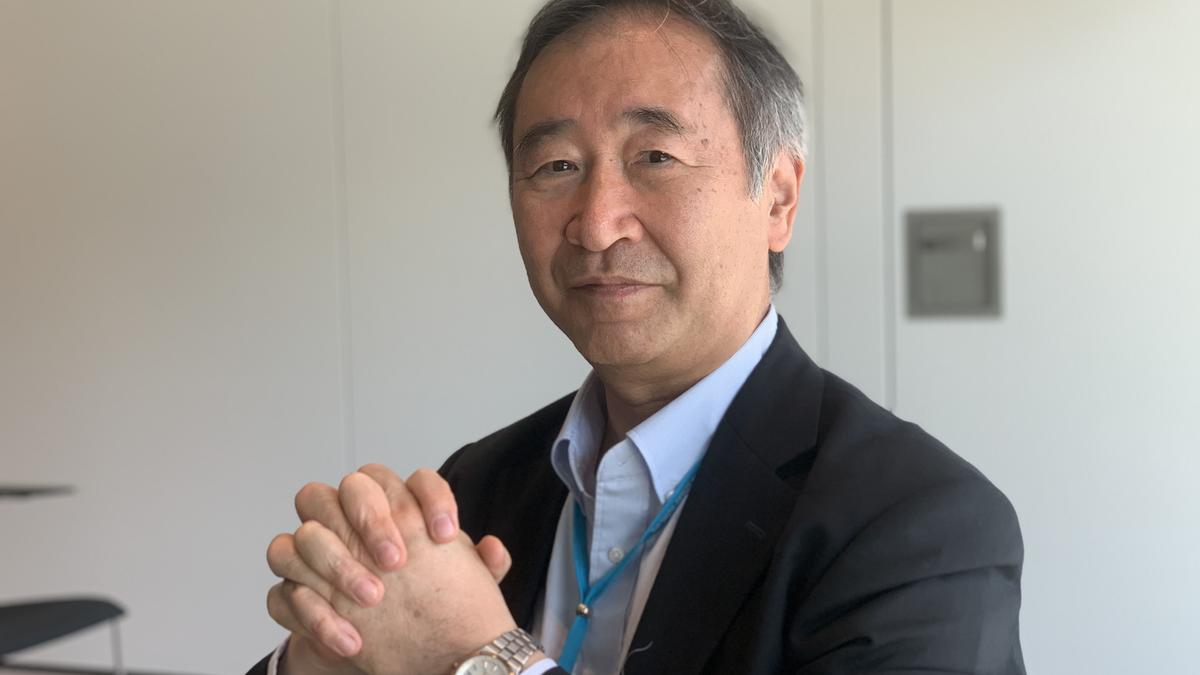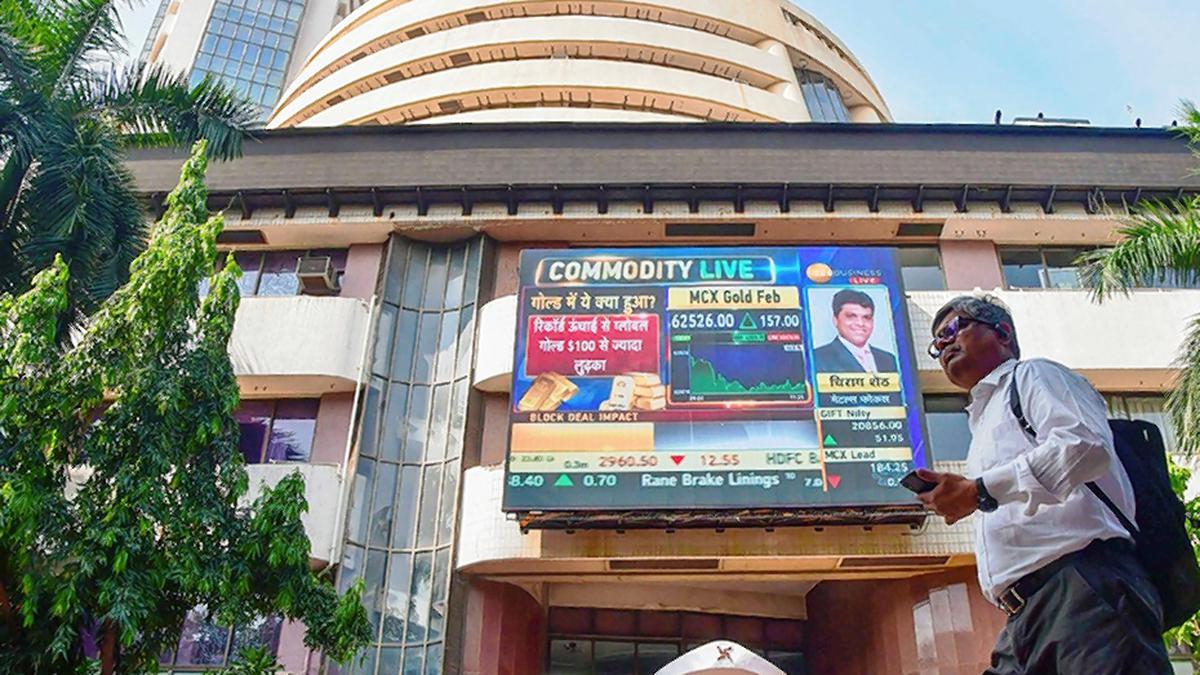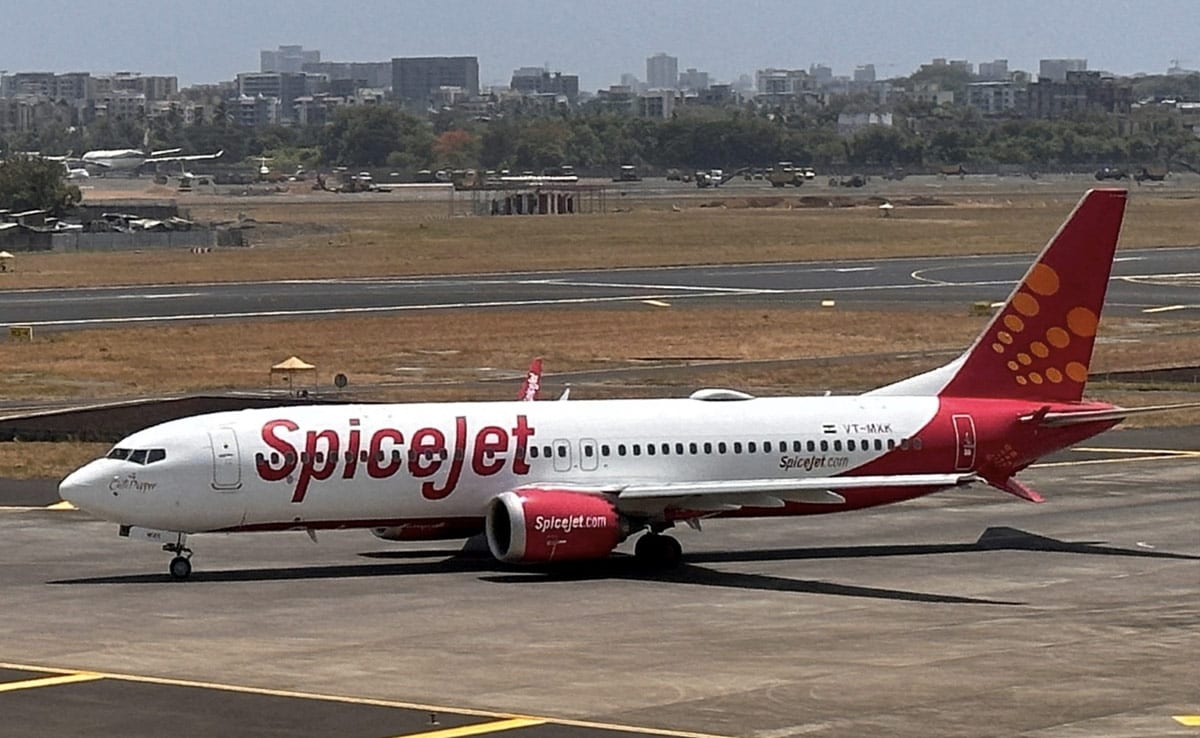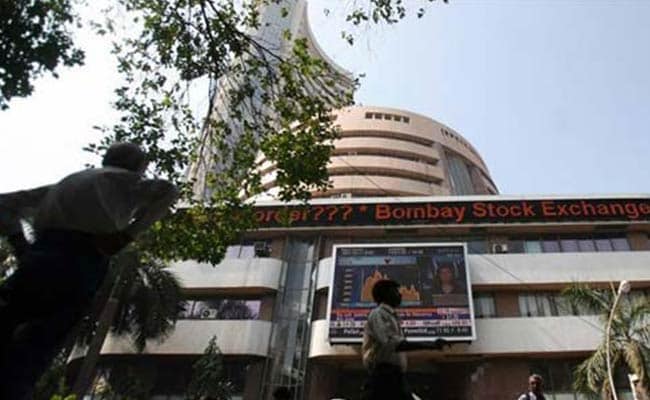Image used for representative purpose only.
State-owned Oil and Natural Gas Corporation (ONGC) is seeking foreign partners to reverse declining output at its flagship Mumbai High fields, offering a share of revenue from incremental production plus a fixed fee but not any equity stake.
ONGC on June 1 floated an international tender seeking global technical services providers (TSP) with annual revenue of at least $75 billion, according to the tender document.
The TSP would have to do a comprehensive review of the field performance and identify improvements as well as implement suitable technological interventions and practices for improving production and recovery, it said.
Bidders have been asked to quote quarterly incremental production they can enable over the 10-year contract period as well as the percentage share of the revenue they want from the sale of oil and gas produced over and above the baseline production.
Bids are due by September 15, 2024.
The TSP, who would be selected on the basis of one offering the highest incremental production and the lowest revenue share, will also be paid a fixed service fee for its efforts, the document said.
The Mumbai High field (previously Bombay High field) — India’s most prolific oil field — lies some 160-kilometer in the Arabian Sea off the Mumbai coast. It was discovered in February 1974 and started production on May 21, 1976.
The field hit a peak of 4,76,000 barrels of oil per day and 28 billion cubic meters of gas in 1989 and has since seen a gradual decline in output.
It is currently producing 1,34,000 bpd of oil and 13 bcm (less then 10 million standard cubic meters per day) of gas — accounting for almost 38% of India’s production and 14% of consumption.
ONGC believes the field still has a balance reserve of 80 million tonnes (610 million barrels) of oil and over 40 bcm of gas and hence needs partners who can help tap them.
With the field seeing a steady decline in output, a stake sale had been considered on at least two occasions in recent years.
A high-level committee headed by the then Niti Aayog Vice Chairman Rajiv Kumar in late 2018 considered “transferring” western offshore oil and gas fields of Mumbai High as also some fields in Mumbai offshore, Assam, Rajasthan, and Gujarat to private/foreign companies.
But that plan met with strong opposition from ONGC and some quarters within the government, three sources with knowledge of the matter said.
While ONGC opposed giving away on a platter to private/foreign sector what it discovered after years of toil and spending billions of dollars over last four decades, some in government were not convinced by the incremental potential toyed with to get the proposal through, they said, adding that it wasn’t clear how the incremental output numbers were arrived at in the absence of any real basin or field study by the panel.
The oil ministry twice in 2021 told ONGC to give away 60% stake, plus operating control of Mumbai High and Bassein fields to foreign companies.
Bassein and Satellite (B&S), adjoining Mumbai High, are India’s biggest gas fields that were put to production in 1988.
The 2021 proposal, too, was resisted by ONGC but with the output continuing to decline it has now come up with the TSP model to get technical knowhow for boosting output.
ONGC produced a total of 18.4 million tonnes of crude oil in 2023-24 (April 2023 to March 2024) fiscal year, down from 18.54 million tonnes in the previous year. Gas output declined 3.2% to 19.974 bcm.













